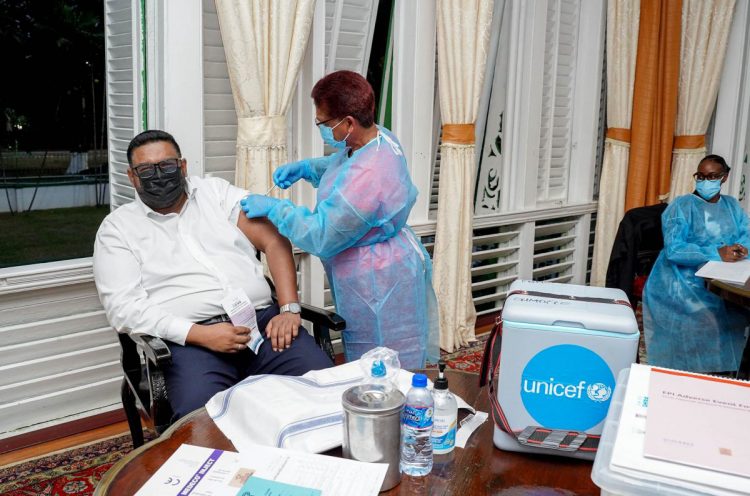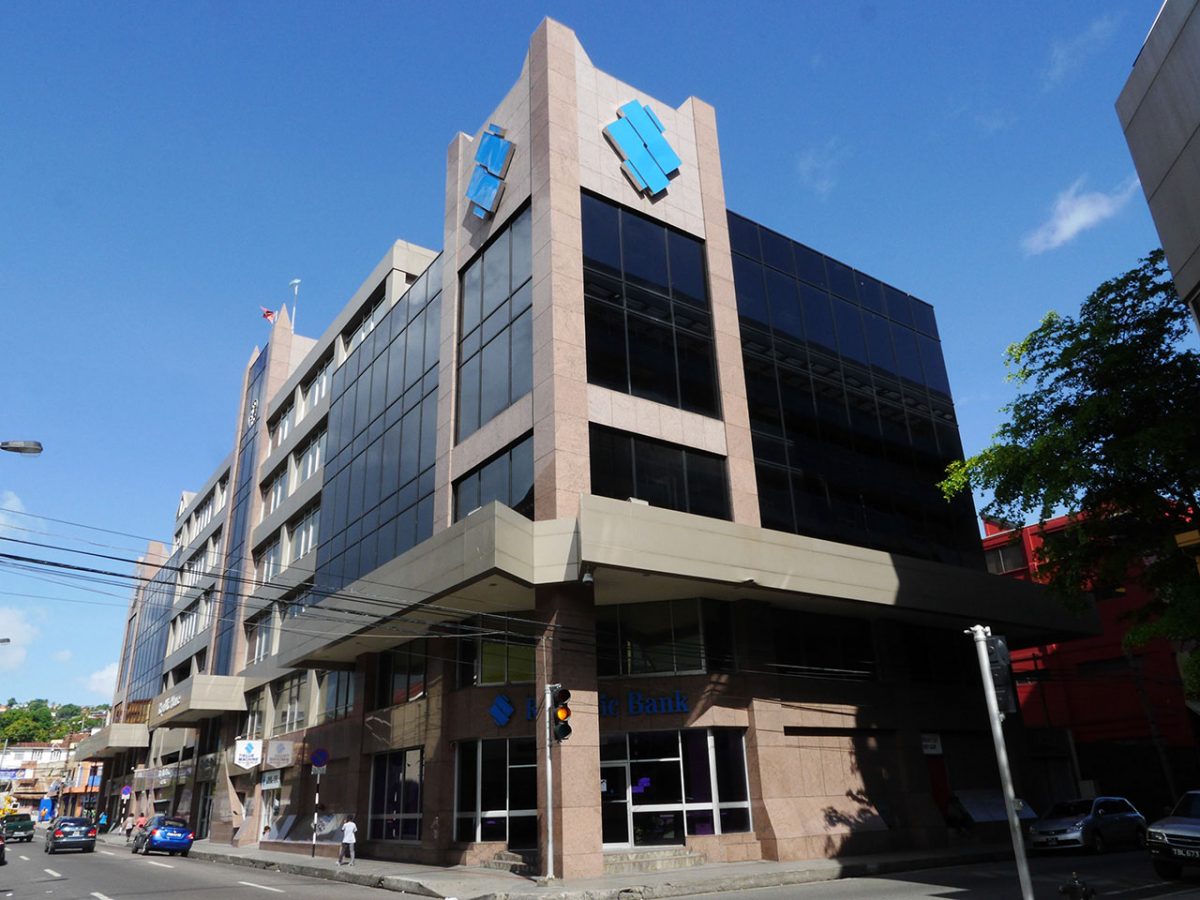Even as the threat of outbreaks of new strains of the COVID-19 virus surface with increasing regularity, the issues of testing and being vaccinated have increasingly become matters of public controversy in parts of the region.
Late last week Republic Bank Ltd in Trinidad and Tobago took the step of announcing that come September the Bank will be implementing mandatory polymerase chain reaction (PCR) tests for the unvaccinated to determine whether or not persons in the bank’s employ are stricken with the virus.
PCR tests are administered to detect genetic material from a specific organism, such as a virus. The test detects the presence of a virus if you are infected at the time of the test. The test could also detect fragments of virus after you are no longer infected.

It appears, however, that Republic Bank’s decision may have met with the disapproval of the Banking Insurance and General Workers Union (BIGWU) in Trinidad and Tobago. In the wake of the Bank’s disclosure, a union official was quoted by a local newspaper as accusing Republic Bank of “strong-arming” workers into getting the vaccine.
Republic Bank T&T, however, would appear to be sticking to its guns, asserting in its public pronouncement that as the economy continues to reopen, in the absence of vaccination, early identification of COVID-19 positive cases in the workplace is vital to minimising the risk to vaccinated and unvaccinated individuals. “To this end, mandatory PCR testing of unvaccinated staff, who represent a higher risk of contracting and spreading this disease, will be implemented. The Bank is committed to working with all staff who can be vaccinated, but are yet unvaccinated, in the intervening period to secure their first doses and will continue to do so even after September 6. We remain firmly of the view that no one is safe unless everyone is safe,” the Bank is quoted as saying.
Here in Guyana, with attempts to increase the number of vaccinated persons having faced some measure of public pushback, government has been seeking to apply the taking of the vaccination as a prerequisite for general entry into public buildings, asserting that unvaccinated persons would only be allowed to do so by appointment. Some of the strongest resistance to a stepping up of the vaccination campaign has occurred in Linden where unvaccinated nurses arriving for work at the state-run hospital were last week temporarily locked out whilst residents of Linden staged a protest over the increasingly assertive position which the government has been taking on the issue of vaccinations.
Controversy over the taking of precautions against COVID-19 through mask-wearing, social distancing, and the implementation of constraints to night-time entertainment has also been an issue here with both government and the private sector, at various intervals, having been accused of not doing sufficient to enforce curfews. While in the capital, there has emerged evidence of a gradual acceptance of the night-time strictures, some business houses continue to flout the authorities. Outside of the capital, disregard for curfew hours and other protocol infringements continue to occur with impunity and seemingly in the face of indifference of the police in some communities.
Across the Caribbean there has been animated discourse over the impact which the COVID-19 pandemic has had on business, including restrictions on routine trading.
Republic Bank T&T appears determined to push through with its new conditions applying to staff, a policy guideline document reportedly circulated to staff last week asserting that all unvaccinated staff would be required to produce a negative PCR test result on a fortnightly basis.





